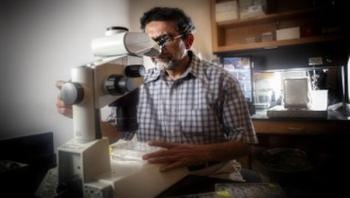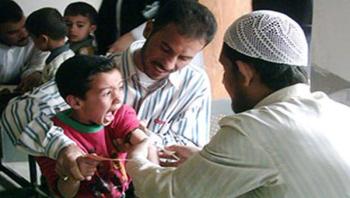
News








The outbreak of the deadly Ebola virus in West Africa has Americans concerned about their health and safety. The World Health Organization (WHO) has declared an international public health emergency in an effort both to contain the spread of the virus, which is considered 90 percent fatal, and to warn people about its seriousness. A WHO official has said it is likely that the worst of the outbreak is yet to come.




New research from the University of Alabama at Birmingham School of Optometry will study the transmission of a bacteria that up to 40 percent of healthy women carry, which becomes deadly when passed on to infants during birth.












A walk through the woods, a fishing trip, or an evening playing in the yard with your children are situations with the potential to encounter dozens, even hundreds of blood-sucking pests known as ticks. Ticks can be a problem year-round, but they pose the most threat in warmer summer months. These disease carriers could be harmful to humans and pets alike.




